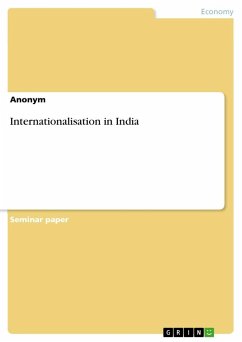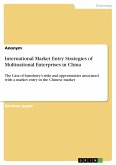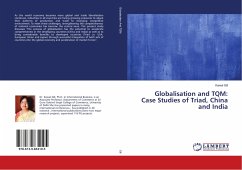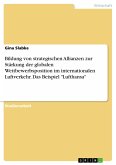Seminar paper from the year 2022 in the subject Business economics - Investment and Finance, grade: A, University of Leicester (Business Management), course: Internationalisation, language: English, abstract: This report explores the motivations, barriers, and modes of entry of SMEs internationalisation within a specific country context, with a focus on the Indian market. The report adopts three theories of internationalisation, namely the UPPSALA Model, the Eclectic (OLI) Model, and the Network Models, to demonstrate the various aspects of SMEs internationalisation. SMEs often lack the resources and capabilities of larger firms, which makes internationalisation a challenging process. Nevertheless, internationalisation offers significant benefits such as access to new customers and suppliers, increased market share, and opportunities for growth and innovation. The case study of the Indian market is employed to explore the various modes of entry, barriers, and motivations that SMEs encounter in this developing economy. By studying these factors, researchers and practitioners can develop strategies to support SMEs in their internationalisation efforts and promote sustainable economic development. SMEs can leverage their resources and capabilities, such as innovative product offerings, cost-efficient production processes, and unique marketing and distribution channels, to gain a competitive advantage and succeed in international markets. Overall, exploring the motivations, barriers, and modes of entry of SMEs within a specific country context is essential for understanding the unique challenges and opportunities that businesses face in different markets and promoting their sustainable growth.
Hinweis: Dieser Artikel kann nur an eine deutsche Lieferadresse ausgeliefert werden.
Hinweis: Dieser Artikel kann nur an eine deutsche Lieferadresse ausgeliefert werden.








